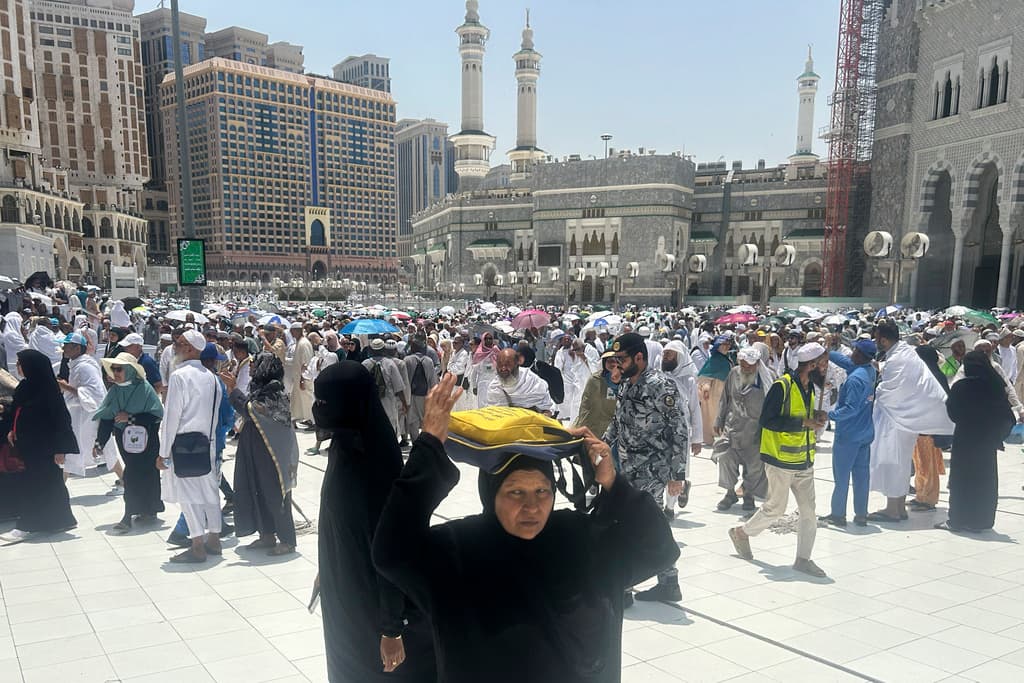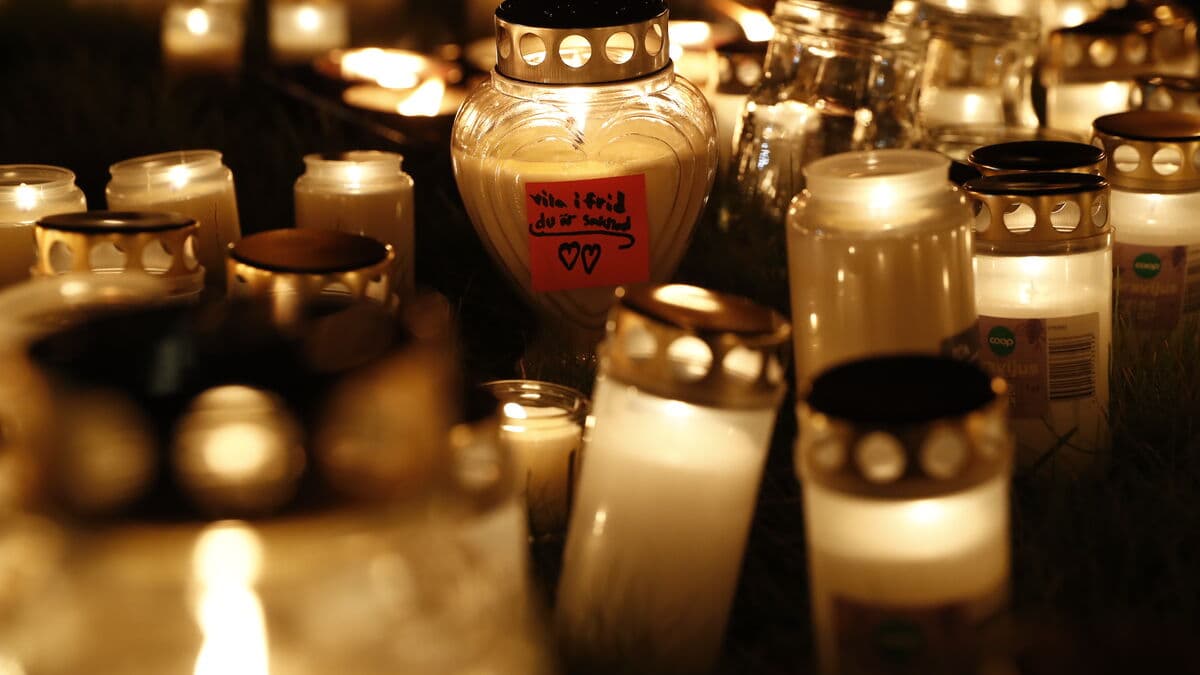Over 1.5 million Muslim pilgrims are in place in Mecca as the hajj, one of the world's largest religious gatherings, officially begins.
The war in Gaza casts a long shadow over this year's pilgrimage. Saudi authorities have issued warnings against political expressions.
Israel's warfare in Gaza has sparked anger in large parts of the Muslim world. The pilgrims gathering in Saudi Arabia are no exception.
We pray for Palestine to be free and for their land to be liberated and become like other countries – to live in peace and not always be at war, says Algerian visitor Ibrahim al-Hadhari to the news agency AP.
Increased Control
This year's hajj is seen as a test of Saudi Arabia's strict leadership, which has opened up for a normalisation of the deeply frozen relations with Israel. Last week, Tawfiq al-Rabiah, minister responsible for religious pilgrimages, announced that "no political activity" will be tolerated in connection with the hajj.
The Saudis will increase their control over the pilgrims to avoid mobilisation in support of Gaza. It remains to be seen whether the pilgrims will respect the Saudi wishes, says Saudi opposition exile professor Madawi al-Rasheed to AFP.
Over 200 Died
The authorities have warned of temperatures around 45 degrees during this year's hajj. Last year, over 2,000 people suffered from heatstroke during the pilgrimage, according to Saudi authorities, resulting in at least 240 deaths due to the 48-degree heat.
The pilgrimage is one of the five pillars of Islam. All healthy Muslims who can afford it are expected to make the journey to Mecca at least once in their lifetime.
For the Kingdom of Saudi Arabia, the hajj is a cash cow, with annual revenues of several billion dollars, according to AFP.
The pilgrimage, hajj, is one of the five pillars of Islam, which form the foundation of the religion. The others are the creed, prayer, almsgiving, and fasting. Every Muslim who can afford it is expected to make the pilgrimage to Mecca in Saudi Arabia at least once in their lifetime.
Mecca – and in particular the Kaaba and the Grand Mosque – is Islam's holiest site, followed by Medina where the Prophet Muhammad's grave lies and the al-Aqsa Mosque in Jerusalem.
During the pilgrimage, several rituals are performed. Pilgrims, for example, walk seven times around the cube-shaped building of the Kaaba in the Grand Mosque. The devil is also symbolically stoned to death.
Non-Muslims are forbidden from visiting Mecca, which is located just east of the Saudi port city of Jeddah on the Red Sea.






